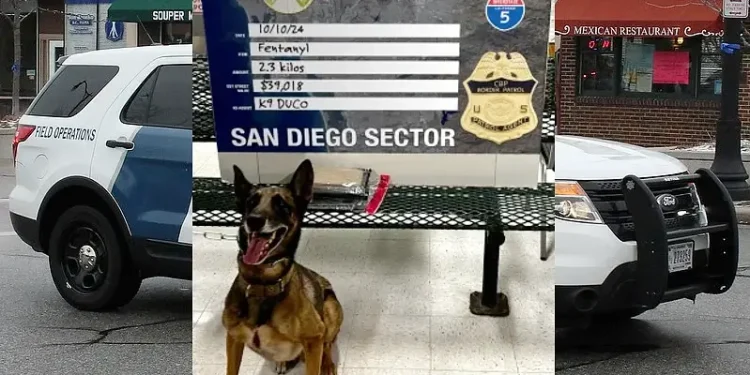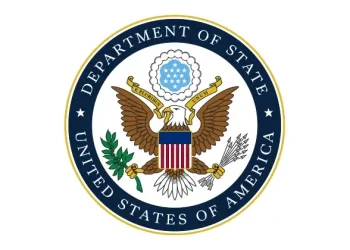U.S. Customs and Border Protection (CBP) is taking bold steps to strengthen the enforcement of low-value shipments with its new proposed rule. This initiative aims to combat counterfeit goods, intercept illegal drugs, and safeguard the public by enhancing supply chain visibility.
Introduction
The CBP has announced the Entry of Low-Value Shipments (ELVS) rule as part of its ongoing efforts to enhance trade enforcement. The proposed changes address vulnerabilities in the growing volume of de minimis shipments and aim to improve public safety and supply chain oversight.
The Challenge with Low-Value Shipments
Every day, CBP processes over 4 million low-value shipments into the U.S. These shipments, categorized under de minimis trade rules, are subject to minimal data requirements, making it harder for CBP to identify and intercept threats.
The risks include:
- Counterfeit products such as fake medicines or unsafe toys.
- Illicit drugs like fentanyl and its precursors.
- Contraband that threatens public safety.
The limited data on these shipments creates enforcement blind spots, allowing bad actors to exploit the system.
Enhancing Enforcement: ELVS Rule Features
The ELVS rule introduces key updates designed to address these challenges effectively:
1. Expanded Data Requirements
Importers will be required to provide more detailed information, such as the shipment’s contents and origin, prior to arrival.
2. Electronic Submission
A fully digital process for data submission will streamline entry operations and reduce manual processing efforts.
3. Targeted Risk Assessment
With more comprehensive data, CBP can better identify high-risk shipments, focusing resources on intercepting illegal or unsafe goods.
Proposed Changes in Numbers
| Aspect | Current System | Proposed Updates |
|---|---|---|
| Daily Shipments Processed | Over 4 million | Over 4 million |
| Data Submission Method | Minimal information, manual | Detailed, electronic |
| Risk Targeting Capability | Limited | Enhanced |
Broader Trade Modernization Efforts
The ELVS rule is a significant component of the Biden-Harris Administration’s strategy for trade reform. CBP’s multipronged approach includes:
- Leveraging Technology: Automation tools to process shipments efficiently.
- Strengthening Enforcement: Addressing gaps in textile, apparel, and other trade sectors.
- Pushing for Legislative Support: Advocating for updated laws to address growing trade complexities.
This comprehensive effort reflects CBP’s commitment to improving trade safety and integrity.
Public Participation and Next Steps
The CBP encourages public input on the proposed rule. A 60-day comment period allows individuals and organizations to share their perspectives. Comments can be submitted through the Federal e-Rulemaking Portal at regulations.gov.
Submission Requirements:
- Include the agency name and docket number in your submission.
- Follow the instructions on the portal for detailed guidance.
To Sum Up
CBP’s ELVS rule is a proactive step toward modernizing trade enforcement. By enhancing data collection and focusing on high-risk shipments, it addresses critical vulnerabilities in de minimis trade.
Stay informed and participate in shaping these vital reforms. Visit CBP’s official website for updates and resources.








